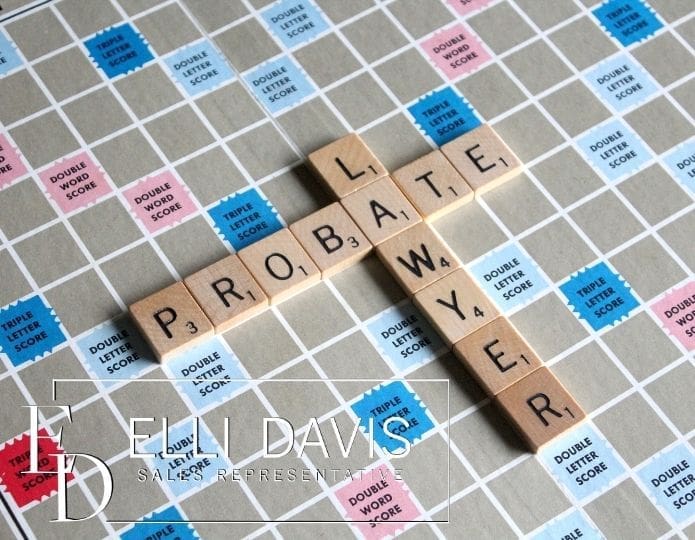While it may not be something we enjoy doing, one of the most responsible things we can do is protect our families and seniors’ financial assets to ensure their wishes are fulfilled after they have passed. I am hoping that by unlocking some probate basics over to you today, I can impart how the probate process can be an easy one to do with your family and your lawyer.
What Is Probate?
Before we can get into probate, you will need to understand some basic information about a will. A will, in case you do not know, is a legal document prepared by your lawyer that contains instructions on the handling of your property and financial affairs in the event of your death. Once a will is created, it is customary to name someone as an executor of the estate or estate trustee. Following the passing of the maker of the will, the executor will handle the financial affairs and distribute the assets to the heirs of the maker according to the terms of the will.
Probate is a process to verify the validity of a will and there are many things to consider.
The Probate Process
The second step in probate basics is learning what the process of validity looks like. It begins with the executor or estate trustee bringing the will to a lawyer to begin a probate petition. Things you can expect to provide to begin the probate petition are the names and addresses of the beneficiaries in the will. A notice of the probate (called an application for a Certificate of Appointment) will be sent to all parties listed in the petition to prepare them for a formal hearing in front of a judge. Once in court, the judge will handle the probate by doing four things:
- Authenticate The Will
During the authentication of the will, the judge will verify that the maker of the will actually signed it and will publicly acknowledge that the will before them and no other document is the last will and testament of the recently deceased.
- Hear Challenges To The Will
Just because there may be testimony or affidavits of witnesses confirming that the will was signed in their presence by the maker of the will, that does not mean a will is without challenge. A person may challenge a will because they believe that they were excluded from receiving an inheritance out of duress or coercion by either the maker of the will or other parties.
- Admit The Will To Probate
Once the judge has heard the challenges and has resolved any conflicts and is satisfied with the authenticity of the will, they may issue an order called “letters testamentary”. The letters testamentary appoint the executor as the official with legal authority to manage the estate of the deceased to pay debts, funeral expenses, taxes, legal fees, court costs, and distribute the remaining assets to the beneficiaries according to the terms of the will.
- Oversee The Handling Of The Estate
To ensure that the executor or estate trustee is performing their role properly, they must file reports. This allows their work to be monitored for the final accounting. The final accounting is a breakdown of how the assets were finally distributed.
Looking at these probate basics, you might have more questions. What if your loved one doesn’t have a will? Are there alternatives to probate? All of these are valid questions and if you reach out to me here, I would love to answer as many questions as I can or point you in the direction of a qualified lawyer who can better assist you. Preparing for your future does not have to be daunting, and I hope these probate basics helped illustrate that!

